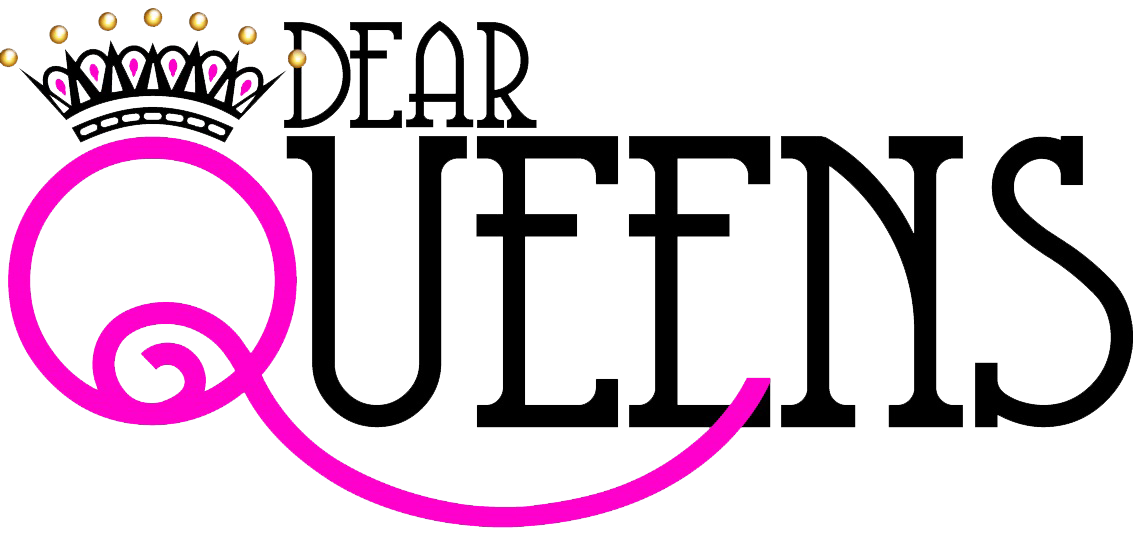Goal-Setting for the New Year
2019 is coming to an end. And when I think about the reality that we’ll be starting a new decade, I begin to freak out a bit. I don’t remember time going this fast when I was young.
Regardless of how quick the years seem to be going, I’m excited for what’s to come. See, I’ve been on this wild journey of creating an incredible life for the past few years, and as each one passes I feel a little bit closer.
As this year closes out, I’ve already begun reflecting on what I want for the next one…or ten. And if you’re anything like me, you’ve probably started that work too.
You’d be surprised by how many people go into new seasons with no plan, though. In fact, I speak to countless women who, before me, had an idea of what they wanted, but never took the time to cement it. They thought about it in their minds, but never wrote it down; they never made it official.
Those of whom already had goals written, didn’t have them clearly defined. Their ambiguity made them harder to envision and seemingly unattainable. There was no outline and no next steps; just broad goals and a distant hope. I came in and shook things up — in a good way.
But with that in mind, I couldn’t let you make similar goal-setting mistakes. Whether you hire m or not, there are a few things you need to know before setting your New Year’s goals.
People who write their goals are more likely to achieve them.
Studies show that people who write down their goals are three times more likely to achieve them. This isn’t surprising to me, yet somehow, people still forgo this practice. Everyone I work with is required to write down their goals and to do consistent check-ins on where they are with them. Being able to reference the written goal makes it easier to visualize what it might look like when it manifests. It also provides a level of accountability that a simple thought can not.
You should only focus on 1-3 goals at a time.
A common mistake I see is that people focus on too many goals at one time and quickly become overwhelmed. Burnout is real, and to keep it from exhausting you it’s important to stick to only a few goals at a time.
Goals should have a measurable indicator of success and a specified start and end date.
When do you plan to start working on this? When do you hope to accomplish this? Goals aren’t meant to last forever. Each goal you set should have a start and end date that allows you to stick to a timeline and identify when it should be met. This deadline should be realistic, though.
Write your goals with positive language, not negative.
A lot of people create goals that focus on negative: eat less sugar, drink less wine, lose weight. Goals set in this way train your mind to focus on the bad things instead of the good; they force you to think about what you shouldn’t do instead of what you should. This can be counterproductive for establishing consistent habits because it feels more like punishment. Instead, try setting goals that highlight positive changes rather than negative ones. If you want to decrease your alcohol intake from 5 drinks per week to 1, say “Have 1 glass of wine per week”. If you want to lose body fat, try saying “Gain 2% muscle in 2 months.” Give yourself permission to achieve your goals by focusing on the ‘cans’, not the ‘cannots’.
The vision boards aren’t enough, sis. Goals need clarity, direction, and accountability. So as you begin preparing for the next year — and ultimately, the next decade — I implore you to start the right way. With clear goals and the grit to achieve them.
And to take it a step further, I’ve made these tips and more available to you in this FREE goal-setting guide.
Ready to take your goals to the next level? Let me help.


